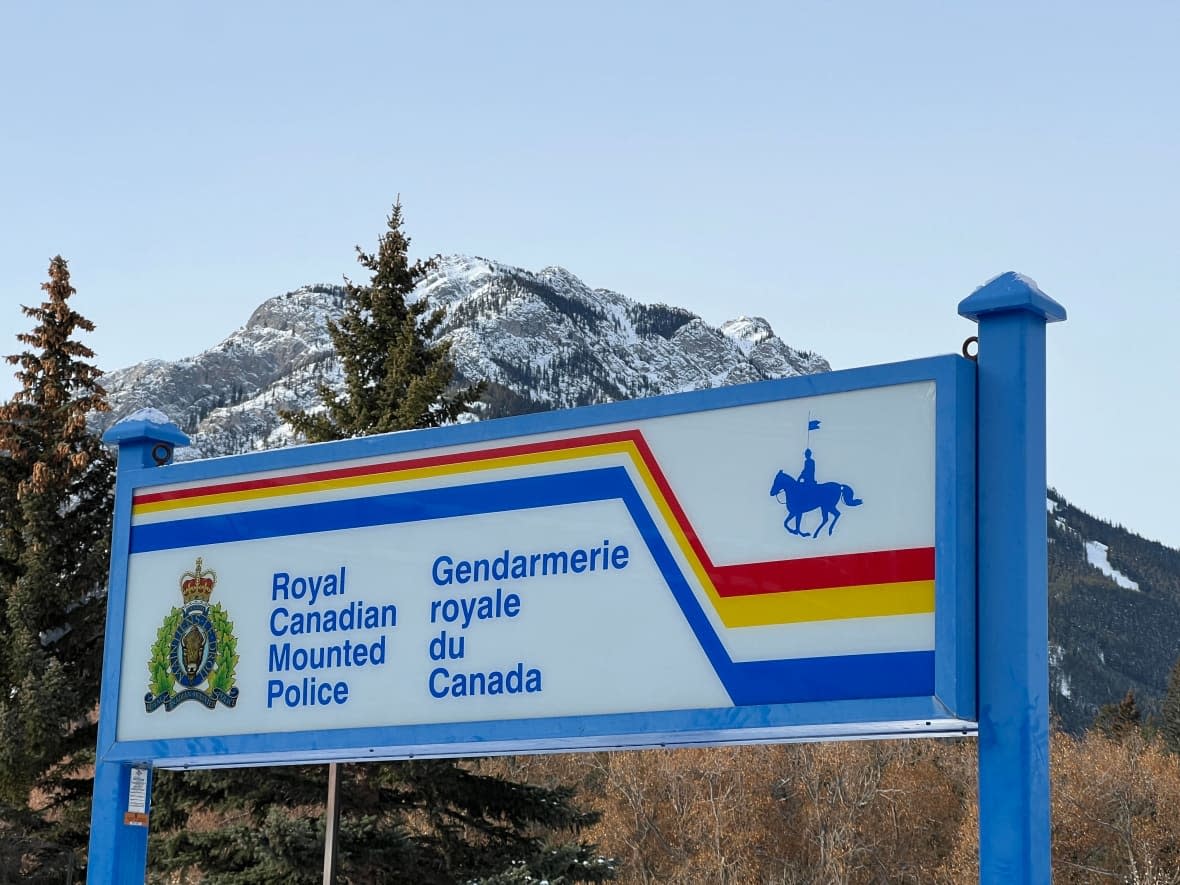Bow Valley municipalities urge halt to changes to Alberta's victim services

The municipalities of the Bow Valley have banded together to oppose upcoming changes to Alberta's victim services.
Canmore, Improvement District 9, the Municipal District of Bighorn and the Town of Banff have sent a letter asking the province to halt implementation of the new model.
Justice Minister Tyler Shandro announced in July that the government would dissolve the 62 victim services units across the province and create four regional boards that align with RCMP districts.
The minister also said the victim services fund would be used only to help victims of crime recover from their physical and psychological injuries and guide and support them through the court process.
The Bow Valley group is concerned about limiting help to only those affected by crime.
Peter Quinn, executive director of Bow Valley Victim Services, says the agency helped 4,000 people between 2015 and 2020. About 2,400 of the calls that caseworkers responded to dealt with trauma victims — people who weren't necessarily victims of crime.
"That's more than half," Quinn said. "We'll be very distressed if those people don't continue receiving support and assistance with their new model."
WATCH | Municipalities of the Bow Valley react to upcoming changes to Alberta's victim services:
Located on the east side of the Rockies along the Trans-Canada Highway, the communities see millions of visitors each year. Trauma coverage is essential, Bow Valley leaders say.
"We're in the mountains," said Banff Mayor Corrie DiManno. "There are sudden deaths associated with being in the mountains, and those are types of traumas that, unfortunately, people experience sometimes when they're here. And so we need to ensure that those supports are in place."
Province says victims will see same levels of service
The province says victims and municipalities won't notice changes to the service; staffing levels shouldn't change, and caseworkers will continue to work in the communities.
"The mandate of victim services in Alberta has not changed," said Alexander Thompson, executive director of community justice and integrated services within the Ministry of Justice. "There is no reason at this time to believe that Albertans will experience any reduction in services to what they're seeing now. So that includes victims of crime and victims of trauma."
The biggest change, he said, is administrative. Executive directors, regional managers, administrative support staff, legal expertise and human resources roles will move to a centralized, four-quadrant system. Thompson said this will allow victim caseworkers to focus entirely on serving victims in their communities.
"Really, what is changing here is the governance," he said.
Workers will have to reapply for jobs
Dissolving the 62 victim services units across the province will mean that those who currently work in communities, even if they are front-line caseworkers, will have to reapply for their positions.
One concern Quinn mentioned is there's still no information on what these new job descriptions will look like.
"They're the sorts of details that are very important but haven't been provided yet," Quinn said.
Both Canmore and Banff mayors are happy with how the local victim services operates and confused about why the province is moving forward with such a big change. There is also a worry that centralizing services, as the province has done elsewhere, may not improve local services.
"We're really concerned that that then leaves Banff in a place where folks who may not understand exactly what our unique needs are, are then the ones delivering the service," said DiManno. "And so we are concerned that we will lose, again, institutional knowledge."
Alberta Municipalities Convention adopted resolution
Canmore Mayor Sean Krausert says the municipality successfully brought forward a resolution at the 2022 Alberta Municipalities Convention to ask the province to halt its redesign rollout.
"It raises a lot of alarm bells and really has to be thought out again," Krausert said.
The Alberta Municipalities resolution outlines several concerns about the consultation process, the timelines and details about rolling out a new service.
DiManno said the consultation process lacked any input from municipalities, making these changes and the motivations behind them difficult to understand.
"That's what we're asking for is some meaningful engagement and direct consultation to be able to understand what they're proposing and where the issues are," said DiManno.


